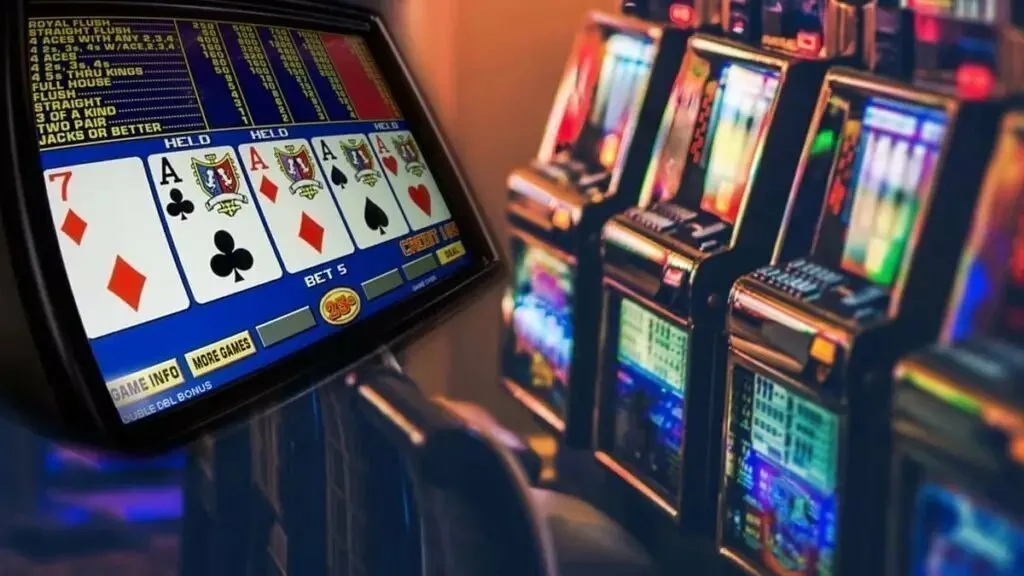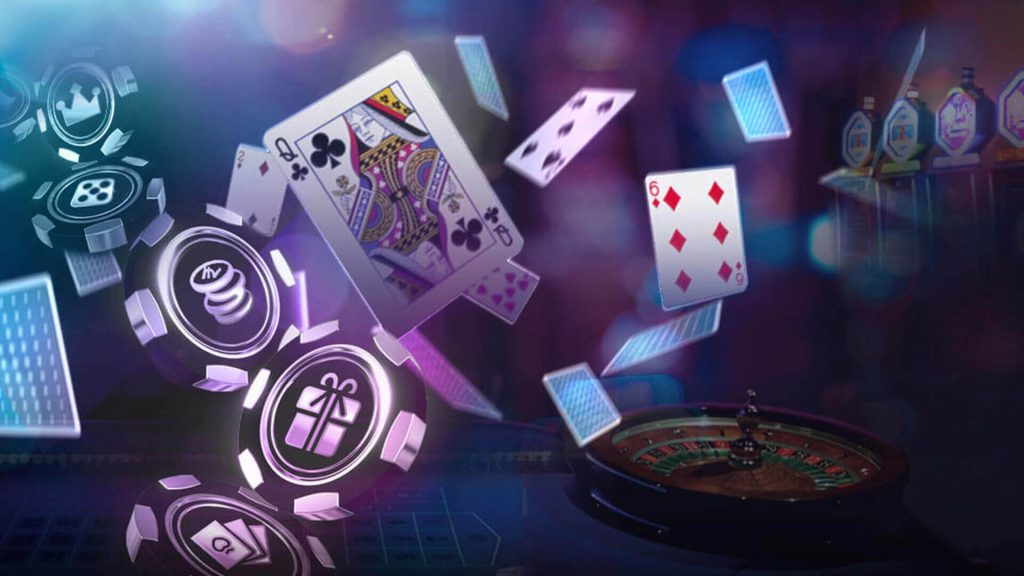The gaming industry often simplifies complex mechanisms with simple words. Players should know about them, especially when it comes to the difference between RNG and RTP. Most people confuse these parameters, mistaking one for the other. However, this misunderstanding can affect slot selection, trust in the operator, and the perception of game fairness.
RNG: Randomness Without a Script
Every slot contains a Random Number Generator (RNG). It is unpredictable, non-patterned, and unbiased. The software activates it every time the “spin” button is pressed. It doesn’t trigger at the start of a session or on a timer but at the moment of action. The algorithm doesn’t remember past bets, doesn’t consider future ones, and isn’t influenced by the deposit amount.
The RNG generates randomness strictly according to a predefined mathematical model, immune to external influence. It operates on a cryptographic principle, like a digital die — without memory or preferences. Algorithms of systems like Mersenne Twister or SHA-256 are used in licensed software by leading providers.
Certification is mandatory. Only after an audit by independent labs (such as iTech Labs, GLI), does the operator receive a license confirming the mechanics’ safety.
RTP: Not a Winning Chance, but Mathematics on a Scale
 The second element is the percentage of payouts to the player. This indicator doesn’t reflect a specific winning probability, doesn’t predict the result of a single session, but demonstrates the long-term return from bets.
The second element is the percentage of payouts to the player. This indicator doesn’t reflect a specific winning probability, doesn’t predict the result of a single session, but demonstrates the long-term return from bets.
For example, with a 96% indicator, out of every hypothetical 1000 rubles over 1 million spins, the slot will, on average, return 960 rubles. The remaining amount is the operator’s profit. This balance ensures the business model’s stability and fairness to the players.
The classic Return to Player value for licensed gambling games ranges from 94% to 97.5%, depending on the provider, mechanics, and volatility. A high percentage is not a guarantee of winning but an indicator of the provider’s loyalty and algorithm transparency.
What Is the Difference Between RNG and RTP
Two key concepts in the world of gambling, and although closely related, their purposes differ fundamentally.
The Random Number Generator is an algorithm that triggers at the start of each spin. It is responsible for the randomness and unpredictability of each individual rotation. As soon as the player presses the button, the algorithm runs and instantly produces a result, excluding the possibility of prediction or interference.
In contrast, Return to Player represents a figure reflecting the theoretical percentage of funds returned to players. It is not related to a specific spin but is calculated based on millions of spins, demonstrating the slot’s average return. The value is predetermined by the game developer and remains unchanged during the machine’s use.
To ensure fairness and transparency, each randomness algorithm undergoes a mandatory audit — a check for compliance with randomness standards. As for the return percentage, independent regulators monitor its adherence to the declared data, especially in licensed online casinos.
Thus, RNG is the moment, RTP is the distance. The former determines the result here and now, while the latter shows what can be expected from the game in the long term.
Why RNG and RTP Are Confused
The reason lies in the terminological proximity and the lack of educational materials within the industry itself. When a slot is launched, the screen displays one percentage — the return to the player. No one informs about the randomness algorithm, although it is the invisible axis of the entire game.
Players mistakenly perceive RTP as a chance to win in a specific session, although it is the Random Number Generator that influences the result. This difference between RNG and RTP turns the same field into two completely different mechanisms: one is responsible for immediacy, the other for statistics.
The Role of the Operator and Provider in Regulation
The operator (casino) provides access to the platform. The provider creates games, is responsible for the mechanics, implements the randomness algorithm, and calculates the return coefficient. The operator does not have the technical ability to interfere with the code or change the payout parameters.
This approach ensures transparency. Control over the algorithms remains with certified studios that have undergone an independent audit. Regulators like MGA, UKGC, Curacao eGaming monitor compliance with rules, including licensing requirements, payout stability, and the correspondence of declared RTP to actual figures.
RNG and RTP in Online Casinos: A Symbiosis of Precision and Chance
Modern online casinos use both elements simultaneously. The difference between these indicators forms the basis of fair gameplay architecture. The RNG guarantees randomness, while the RTP regulates the process’s economy.
The Random Number Generator prevents manipulations, making it impossible to predict the result. Conversely, the coefficient builds trust over the long term. Together, they create a unified system where fairness doesn’t require proof, and security is not based on promises but on checks and data.
Safety, Transparency, and Trust: Conclusions and Highlights
Understanding the difference between these indicators is critical when choosing a platform and forming gaming strategies. A licensed operator working with reputable providers always uses a certified algorithm, publishes real return percentage data, and undergoes external audits.
Players receive a structure with clear logic, not an illusion of winning. Victory does not depend on the casino’s mood but is determined by an algorithm beyond human control. This approach makes modern casinos a technocratic system, not a roulette with a manipulated ball.
Conclusion
 Understanding the difference between RNG and RTP forms the basis of fair gameplay principles. One indicator is responsible for instant results, the other for mathematical perspective. Together, they create a balanced and transparent system where manipulations are excluded. Here, each spin is the result of a precise algorithm, not someone’s will.
Understanding the difference between RNG and RTP forms the basis of fair gameplay principles. One indicator is responsible for instant results, the other for mathematical perspective. Together, they create a balanced and transparent system where manipulations are excluded. Here, each spin is the result of a precise algorithm, not someone’s will.
 en
en  de
de  ar
ar  es
es  hi
hi  fr
fr  nl
nl  it
it  pt
pt  el
el 









